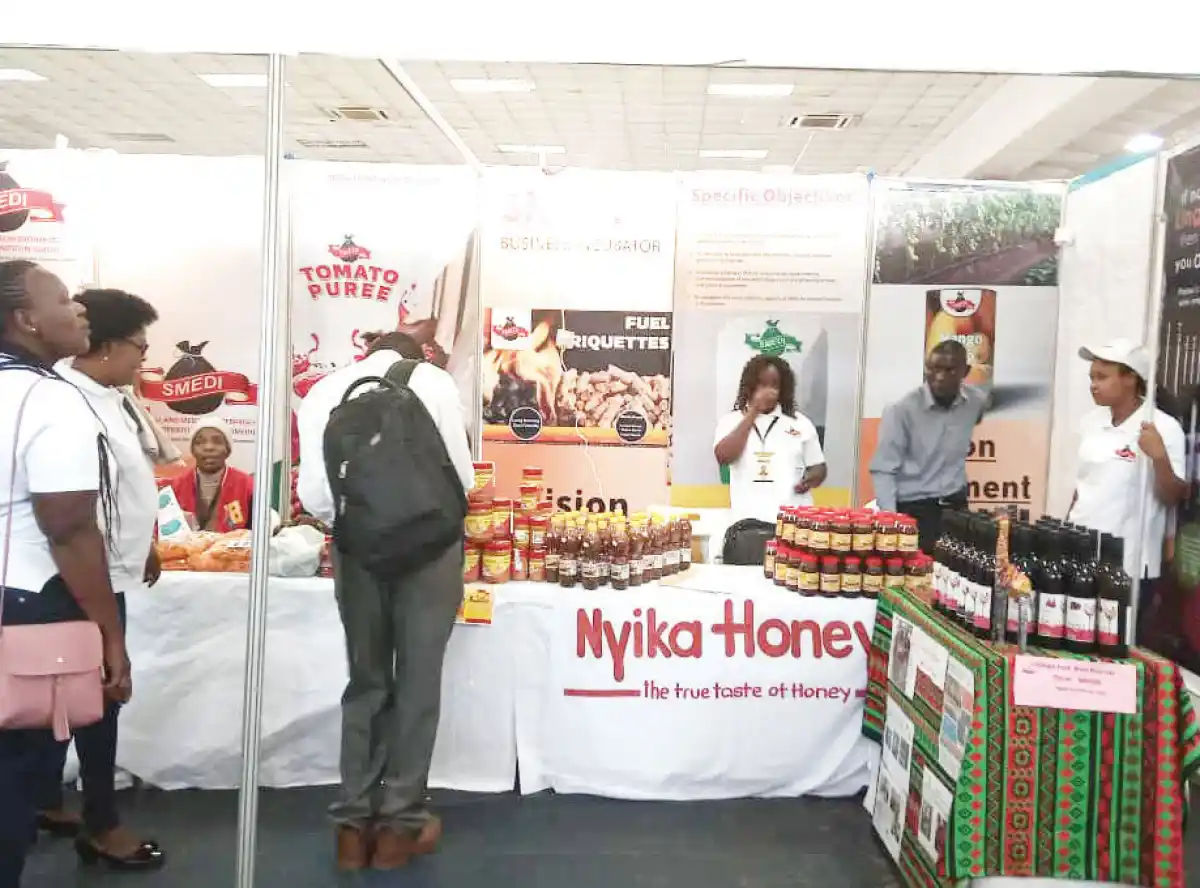
By Benadetta Chiwanda Mia:
On September 17 2024, Parliament passed the Small and Medium Enterprises (MSMEs) Bill Number 20 of 2024 aimed at formalising SME operations in Malawi and promoting the development and regulation of these enterprises.
The bill seeks to establish a Small and Medium Enterprises Development Corporation, which is expected to foster the growth of SME operations by formalising enterprises that currently operate without registration.
According to a 2019 FinScope Micro, Small, and Medium Enterprises Survey, over 1.6 million SMEs were operating in Malawi, employing approximately 1.82 million people and generating around $15.8 billion in revenue by 2019.

In 2019, formal businesses made up 11 percent of all MSMEs, contributing $3.6 billion (53 percent of the total MSME contribution) to the economy, while informal MSMEs contributed $3.2 billion (47 percent of the total MSME contribution). This highlights the significant economic potential of informal SMEs if formalised and integrated into the national GDP.
Tax expert Emmanuel Kaluluma emphasised that incorporating more SMEs into the formal sector can help increase tax revenues and ultimately lower tax rates by broadening the tax net.
“This will also lessen the tax burden on the formal sector as the burden will now be shared by all. It also allows SMEs to contribute to nation-building, which should make us proud,” Kaluluma said.
Kaluluma added that although more SMEs fall into the micro-business category, their formalisation will not impede their revenue-generating potential, as there are rules in place to protect businesses with small earnings.
“When we talk about income tax or value-added tax (VAT), because we have a poverty line of K1,800,000.00, anyone who earns income of this amount or below is regarded as poor according to the law and they do not pay income tax. Similarly, VAT is a consumer tax, and they can claim it as input VAT,” Kaluluma said.
He added that businesses would benefit from completing tax returns, as those making a loss or profit below K1,800,000 would not pay tax.
Additionally, if withholding tax were deducted, businesses would receive a refund.
Kaluluma also called for more taxpayer education for SMEs to promote voluntary compliance.
“The government and MRA should be at the forefront in showing Malawians how taxes are being spent. This transparency is key to encouraging compliance,” Kaluluma said.

Economic expert Bertha Chikadza said the new MSMEs Bill presents an opportunity to formalise a significant portion of Malawi’s entrepreneurial sector, thereby broadening the tax base and ensuring that all players contribute fairly to the country’s development.
“In Malawi, formalisation offers numerous benefits, including increased revenue for the Malawi Revenue Authority (MRA), improved transparency and accountability, access to formal financial services from leading financial institutions and enhanced credibility and competitiveness,” Chikadza said.
However, Chikadza noted that in the short term, formalisation may lead to an increased tax burden on SMEs and a potential reduction in informal sector activities.
Despite these challenges, she was quick to point out that the long-term implications of formalisation would result in more SMEs contributing to tax revenue, thereby broadening the tax base and reducing the burden on large corporations and the formal sector.
“Increased tax compliance leads to higher tax revenue, promoting economic growth by encouraging entrepreneurship, innovation and investment in key sectors, mainly agriculture, manufacturing and tourism,” Chikadza said.
She therefore suggested the need for the government to “implement measures to simplify registration and licencing processes. Offering tax incentives, building capacity among MRA officials, conducting public awareness campaigns and collaborating with the private sector can also support formalication,” she said.








0 Comments